About GBMC at Hunt Manor – Family Care and Internal Medicine Physicians
Based in Jarrettsville, Maryland, GBMC Jarrettsville Family Care provides various healthcare services to clients of all ages. This includes support for mental health and substance use disorders.
Integrated Primary and Mental Health Care in Harford County
This facility operates with a coordinated team of highly trained professionals, working seamlessly to help you manage your healthcare needs. Here, you can access primary care for the whole family, along with more specialized mental and behavioral health services. These are also provided in both English and Spanish for greater accessibility.
While you can’t access specific addiction treatment services here, the team can refer you to relevant care at a local facility and coordinate this with other aspects of their medical and mental health support services as needed. While it’s pretty common for primary care doctors to provide referrals for addiction treatment, this facility takes it a step further with its care coordination and its network of specialty partners.
Behavioral Health Care Managers (BHCMs) in Jarrettsville
The facility has also teamed up with industry leaders to create what it calls the Collaborative Care Program. Featuring a multidisciplinary team of social workers, psychiatrists and behavioral health and addiction experts, this team works closely together to treat all kinds of conditions.
They even employ specialists whose job is to provide custom recommendations to best suit clients’ unique treatment plans. These recommendations and support services can be provided in whichever way suits you best, either in person, via video call, phone call or messaging, at a time that suits you.
Facility Overview
Latest Reviews
Rehab Score
Gallery
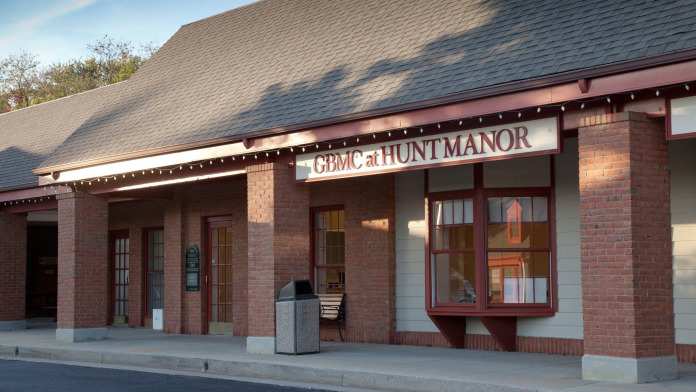
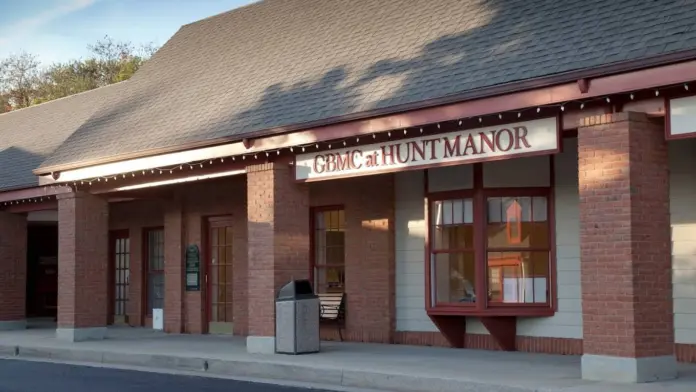
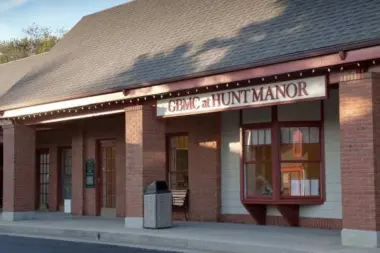
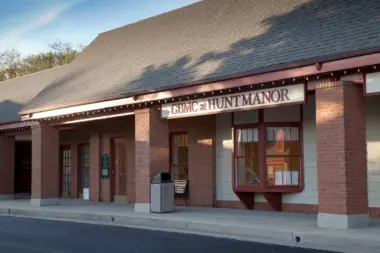
Other Forms of Payment
Private insurance refers to any kind of healthcare coverage that isn't from the state or federal government. This includes individual and family plans offered by an employer or purchased from the Insurance Marketplace. Every plan will have different requirements and out of pocket costs so be sure to get the full details before you start treatment.
Self-pay involves paying for treatment out of your own pocket. You can use savings or credit, get a personal loan, or receive help from family and friends to fund your treatment. If you don't have insurance or your insurance plan doesn't cover a specific program, self-pay can help ensure you still get the care you need.
Financial aid can take many forms. Centers may have grants or scholarships available to clients who meet eligibility requirements. Programs that receive SAMHSA grants may have financial aid available for those who need treatment as well. Grants and scholarships can help you pai for treatment without having to repay.
Medicare is a federal program that provides health insurance for those 65 and older. It also serves people under 65 with chronic and disabling health challenges. To use Medicare for addiction treatment you need to find a program that accepts Medicare and is in network with your plan. Out of pocket costs and preauthorization requirements vary, so always check with your provider.
Addiction Treatments
Levels of Care
Outpatient Programs (OP) are for those seeking mental rehab or drug rehab, but who also stay at home every night. The main difference between outpatient treatment (OP) and intensive outpatient treatment (IOP) lies in the amount of hours the patient spends at the facility. Most of the time an outpatient program is designed for someone who has completed an inpatient stay and is looking to continue their growth in recovery. Outpatient is not meant to be the starting point, it is commonly referred to as aftercare.
Treatments
Mental health rehabs focus on helping individuals recover from mental illnesses like bipolar disorder, clinical depression, anxiety disorders, schizophrenia, and more. Mental health professionals at these facilities are trained to understand and treat mental health issues, both in individual and group settings.
Substance rehabs focus on helping individuals recover from substance abuse, including alcohol and drug addiction (both illegal and prescription drugs). They often include the opportunity to engage in both individual as well as group therapy.
Programs
Adult rehab programs include therapies tailored to each client's specific needs, goals, and recovery progress. They are tailored to the specific challenges adult clients may face, including family and work pressures and commitments. From inpatient and residential treatment to various levels of outpatient services, there are many options available. Some facilities also help adults work through co-occurring conditions, like anxiety, that can accompany addiction.
Young adulthood can be an exciting, yet difficult, time of transition. Individuals in their late teens to mid-20s face unique stressors related to school, jobs, families, and social circles, which can lead to a rise in substance use. Rehab centers with dedicated young adult programs will include activities and amenities that cater to this age group, with an emphasis on specialized counseling, peer socialization, and ongoing aftercare.
Clinical Services
The goal of creative arts therapy is to help you express complicated emotions or work through difficult situations. This happens through self expressive activities such as dance, drama, music, or art. The treatment provides a safe setting to process emotions and understand yourself better.
Research clearly demonstrates that recovery is far more successful and sustainable when loved ones like family members participate in rehab and substance abuse treatment. Genetic factors may be at play when it comes to drug and alcohol addiction, as well as mental health issues. Family dynamics often play a critical role in addiction triggers, and if properly educated, family members can be a strong source of support when it comes to rehabilitation.
Combining fitness therapy with addiction treatment addresses your body and mind. Exercise releases endorphins, which help improve your mood and mental clarity. It promotes better sleep, fosters a sense of accomplishment, and helps manage stress and anxiety, all critical components in maintaining sobriety.
Group therapy is any therapeutic work that happens in a group (not one-on-one). There are a number of different group therapy modalities, including support groups, experiential therapy, psycho-education, and more. Group therapy involves treatment as well as processing interaction between group members.
In individual therapy, a patient meets one-on-one with a trained psychologist or counselor. Therapy is a pivotal part of effective substance abuse treatment, as it often covers root causes of addiction, including challenges faced by the patient in their social, family, and work/school life.
Life skills may be as simple as preparing a meal or as complex as interpersonal communication. They cover a broad range, encompassing the core skills you'll need for a successful long term recovery. Rehab in Maryland focuses on helping you develop or re learn these skills so you can live a healthy, independent life in recovery.
Amenities
-
Private Setting
Staff
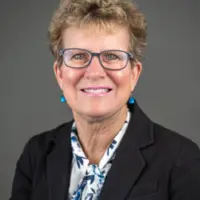
Laurie R. Beyer, MBA, CPA
Executive VP & CFO

Carolyn L. Candiello
Senior VP of Quality & Patient Safety
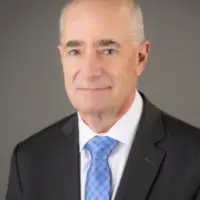
John B. Chessare, MD, MPH
President & CEO
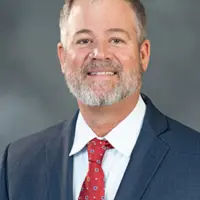
William Cole
Senior VP & CIO
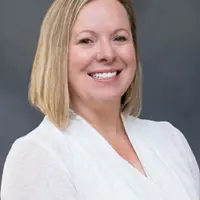
Angie Feurer
Senior VP of Patient Care Services & Chief Nursing Officer
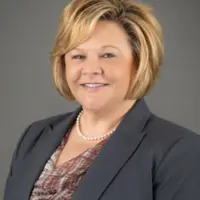
Stacey McGreevy, CPA
Executive VP & COO
Contact Information
3346 Paper Mill Road
Phoenix, MD 21131